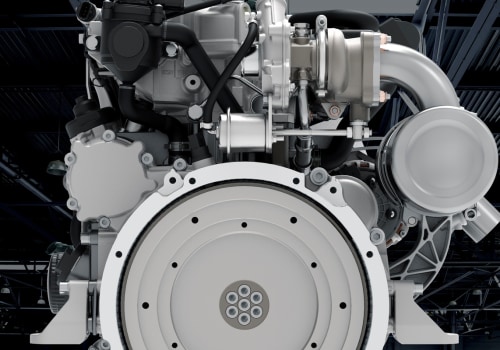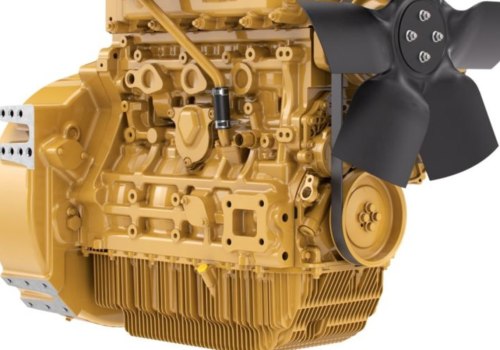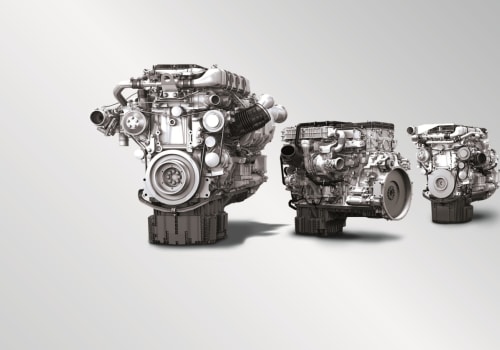As the demand for diesel continues to rise, the pressure on the available supply of this fuel translates into higher prices. This is especially true in countries where global demand remains strong. With the introduction of clean diesel technology, emissions from hybrid and diesel cars are now comparable (see figure). The government has not imposed a high federal tax on diesel fuel, and refiners are willing to sell it in the US market instead of exporting it to Europe, where it is in high demand. Diesel fuel production has increased more than the volume exported, but global demand has led to an increase in diesel prices in commodity markets.
The Diesel Technology Forum recently reported on this increase and stated that diesel engines and fuel are the lifeblood of the global economy. The regular price of gasoline is the average retail price of regular-quality formulations, while the price of highway diesel is the average retail price of diesel used in motor vehicles. Diesel particulate filters, diesel exhaust fluid, selective catalytic converters and exhaust gas recirculation technology have reduced NOx emissions by an average of 72%.It was known that diesel engines of the past were polluting, however, the emission problems that affected previous generations of diesel engines have been resolved. This higher energy content, combined with the higher efficiency of the compression-ignition diesel engine, means that diesel vehicles travel 25 to 35% more miles per gallon compared to their gasoline competitors. The higher cost of diesel fuel compared to gasoline is due to a number of factors.
These include higher production costs, higher taxes imposed by governments, and higher demand for diesel fuel in certain markets. Additionally, diesel engines are more efficient than gasoline engines, meaning they require less fuel to travel a given distance. This leads to lower fuel costs for drivers who use diesel vehicles. In conclusion, diesel engine technology has had a significant impact on fuel prices and availability over time. The introduction of clean diesel technology has reduced emissions from these vehicles and made them more efficient than their gasoline counterparts.
Additionally, higher global demand for diesel has led to an increase in prices in commodity markets. Finally, higher production costs and taxes have also contributed to the higher cost of diesel compared to gasoline.












